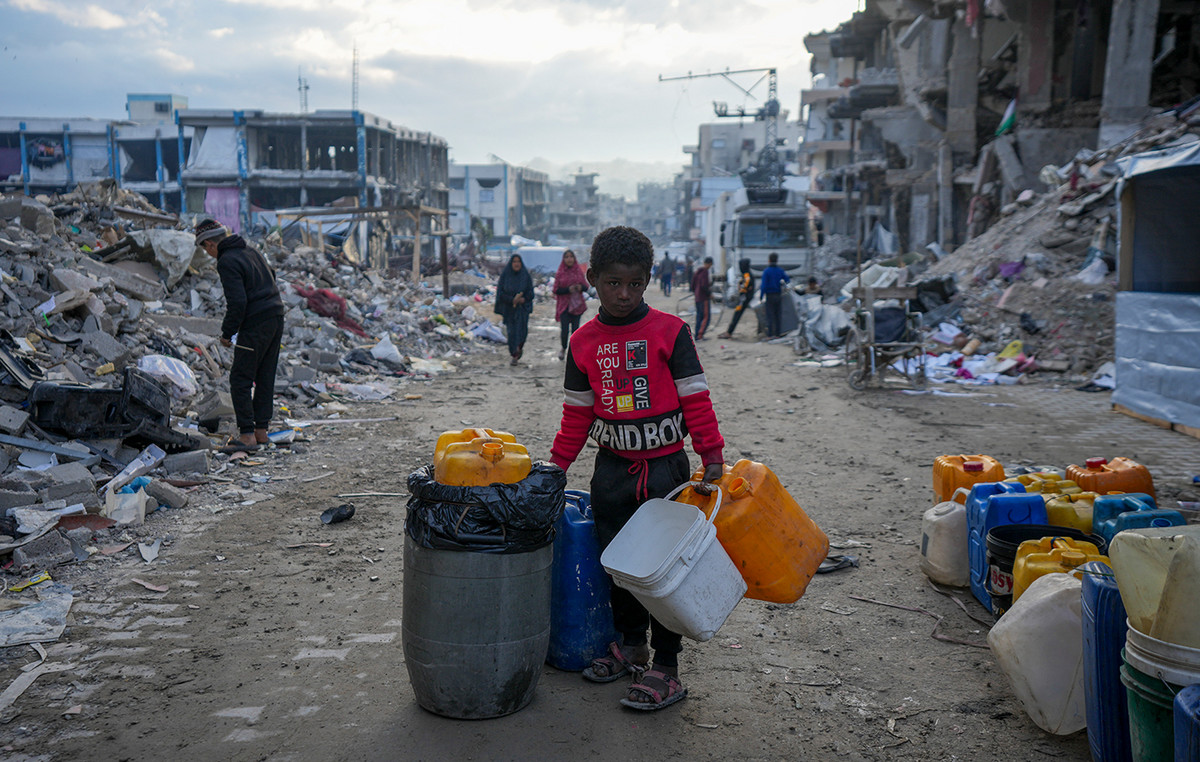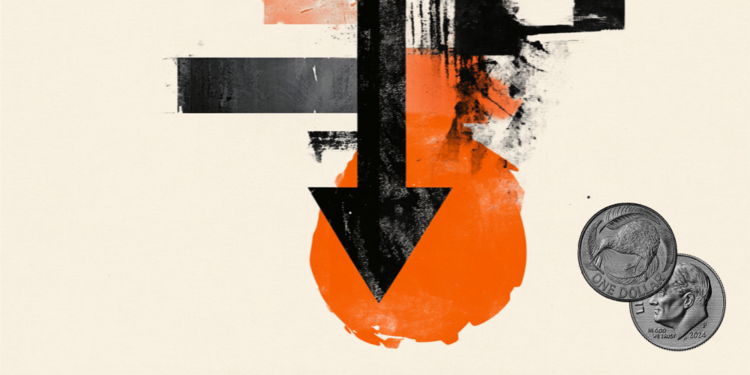A survey shows that Brazil recorded 212 cases of political violence between July and September this year, a period that includes the electoral campaign, an increase of 110% compared to the previous quarter, when there were 101.
The total nearly ties with the number of episodes seen throughout the first half of 2022, when 214 episodes were recorded.
The data were released this Wednesday (5) by the Observatory of Political and Electoral Violence in Brazil at the Federal University of the State of Rio de Janeiro (Unirio).
The study’s coordinator, Felipe Borba, points out that the growth of the episodes took place with the proximity of the elections.
There were 41 episodes in July, 60 in August and 111 in September, the day before the election. In the country, 25 states had records, with the exception of Acre and Amapá.
The Southeast is the most affected region and concentrates almost 40% (39.6%) of the cases, followed by the Northeast (59 cases / 27.8%), South (22 cases / 10.4%), Midwest (20 cases / 9.4%) and North (18 cases / 8.5%).
The survey by the Observatory of Political and Electoral Violence in Brazil is based on facts reported by the country that have elected political targets, those who no longer hold positions, candidates, pre-candidates and holders of political positions in the public administration, in addition to your family members.
Of the 212 episodes observed, 105 (45.9%) were threats. One of the victims was elected federal deputy Duda Salabert (PDT-MG), who went to vote last Sunday (2) wearing a bulletproof vest. She is one of two trans women who will be in the next House legislature.
Assaults appear in second place, with 56 episodes (26.4%), followed by attacks, with 26 cases (12.3%), and homicides, with 18 (8.5%). There were also three murders of family members of political leaders (1.4%), two threats against family members (0.9%) and two kidnappings (0.9%).
The murders were recorded in 14 states. Rio de Janeiro leads both in the number of homicides, with three, in this case together with Alagoas, and in attacks, with four cases.
Two candidates for federal deputies, for example, had their vehicles shot at. The victims were Verônica Costa (PL) and Marcus Vinicius (SD).
According to the survey, local leaders continue to be the main victims of political violence, with 42 councilors identified (19.8%), 20 mayors (9.4%) and two deputy mayors (0.9%).
However, the episodes against involved in the federal and state elections this October have increased during the campaign period. There were 30 episodes against pre-candidates (14.2%) and 78 against candidates (36.8%).
“The dynamics of municipal policy follows its own logic, independent of the state and national cycle. Although violence has now been high, it is less lethal. You have a large volume of threats, aggressions, while in the municipal cycle, in 2020, something around 20 candidates were killed”, pointed out Felipe Borba.
The record of 212 cases of political violence between July and September was the highest since the fourth quarter of 2020, with 240 cases, when the municipal elections took place. That year, due to the Covid-19 pandemic, the vote only took place in November.
Regarding subtitles, victims of 29 parties were identified in the third quarter of 2022. The parties with the most targets were PT (37 cases / 17.5%), PSOL (19 cases – 9%), PL (17 cases – 8 %) and MDB (11 cases – 5.2%).
According to Borba, the PSOL appears in this ranking because of the defense of minority groups’ agendas, such as LGBTQIAP+, while the presence of PT and PL suggests an influence of the polarization seen in the presidential contest between Luís Inácio Lula da Silva and Jair Bolsonaro.
The Observatory considers political violence to be any type of aggression that aims to interfere with the direct action of political leaders, such as limiting action, silencing, imposing interests and eliminating opponents.
Source: CNN Brasil







